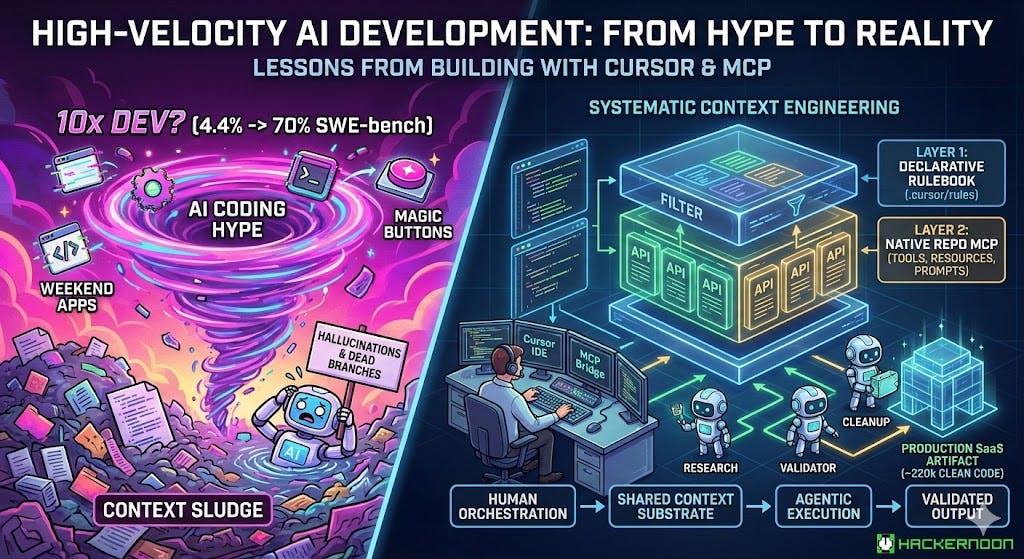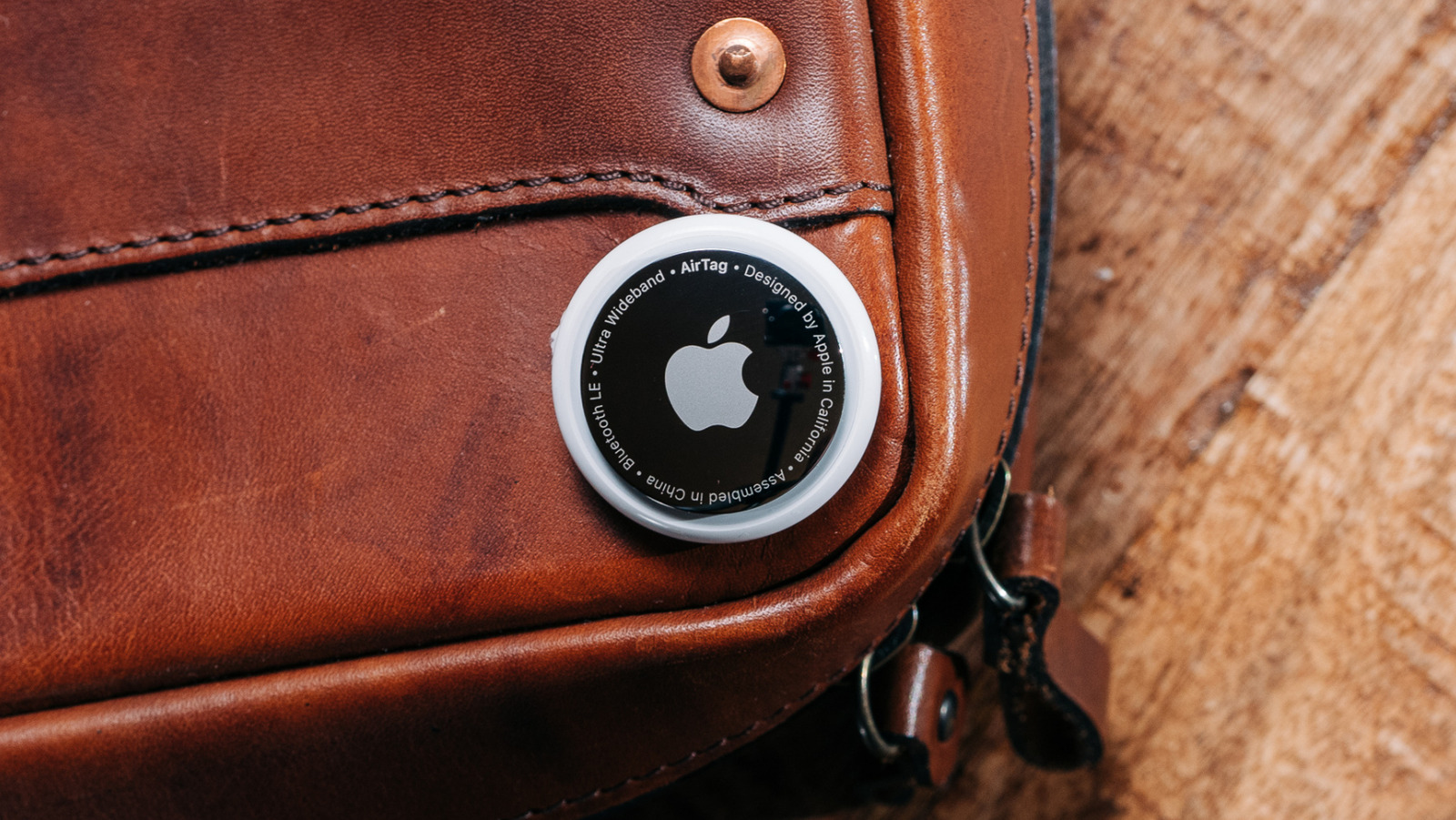Don’t miss out on our latest stories. Add PCMag as a preferred source on Google.
Since OpenAI released its Sora 2 AI video generator as an iOS app earlier this month, we’ve seen a surge of creative, bizarre, and even jarring content, ranging from fake interactions between deceased historical figures to depictions of iconic fictional characters, including Pikachu inserted into almost every movie imaginable, from The Lord of the Rings to Oppenheimer.
The idea, according to CEO Sam Altman, is to make people smile—and generate revenue for OpenAI. He insists that “this new kind of engagement will accrue a lot of value” for rightsholders, but in a new blog post, he acknowledges that they “want the ability to specify how their characters can be used (including not at all).”
To that end, OpenAI will “give rightsholders more granular control over generation of characters, similar to the opt-in model for likeness but with additional controls,” Altman says.
Details are scant, and Altman cautions users to “expect a very high rate of change from us.” One idea it’s trying, however, is a revenue-sharing arrangement with copyright holders.
“The exact model will take some trial and error to figure out, but we plan to start very soon,” Altman says. “Our hope is that the new kind of engagement is even more valuable than the revenue share, but of course we want both to be valuable.”
Altman’s blog post notes “the remarkable creative output of Japan.” However, Japanese politician Akihisa Shiozaki said on X that “there are serious legal and political issues” with Sora.
Recommended by Our Editors
“To protect and nurture Japan’s leading creators and content industry, I think we should respond as soon as possible,” he wrote, adding, “(It seems that Disney and Marvel characters are somehow not displayable).”
How anime characters are used isn’t the only potentially controversial issue that has emerged around Sora. OpenAI’s testing reveals that Sora has a 1.6% chance of creating sexual deepfakes while using a person’s likeness, despite the safeguards it has in place.
Disclosure: Ziff Davis, PCMag’s parent company, filed a lawsuit against OpenAI in April 2025, alleging it infringed Ziff Davis copyrights in training and operating its AI systems.

Get Our Best Stories!
Your Daily Dose of Our Top Tech News

By clicking Sign Me Up, you confirm you are 16+ and agree to our Terms of Use and Privacy Policy.
Thanks for signing up!
Your subscription has been confirmed. Keep an eye on your inbox!
About Our Expert

Experience
I’m a reporter covering weekend news. Before joining PCMag in 2024, I picked up bylines in BBC News, The Guardian, The Times of London, The Daily Beast, Vice, Slate, Fast Company, The Evening Standard, The i, TechRadar, and Decrypt Media.
I’ve been a PC gamer since you had to install games from multiple CD-ROMs by hand. As a reporter, I’m passionate about the intersection of tech and human lives. I’ve covered everything from crypto scandals to the art world, as well as conspiracy theories, UK politics, and Russia and foreign affairs.
Read Full Bio









